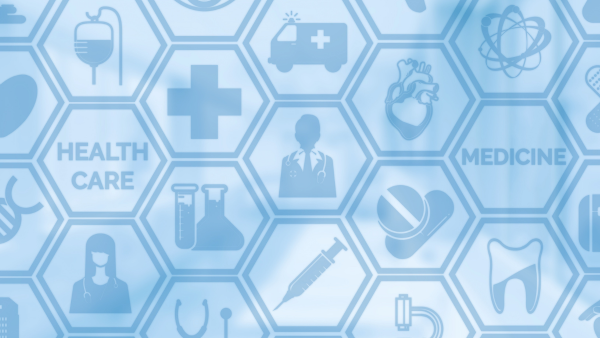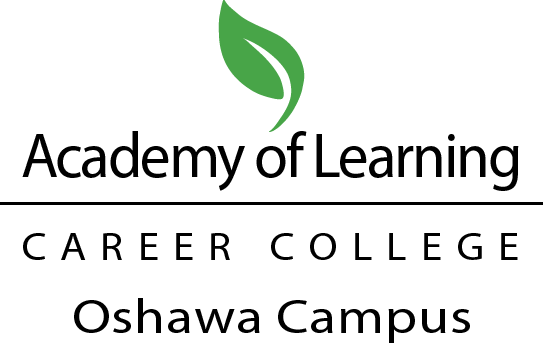
Medical terminology is the language and terms used specifically in the medical and health industries. Medical terminology is defined as the language used to explain anatomical features, operations, conditions, processes, and therapies in the medical field.
While memorizing terms from so many disciplines may appear hard, medical terminology can be simplified by understanding that nearly all medical terms can be broken down into three parts: the prefix, the root, and the suffix.
Prefix — a word that appears at the start of a phrase to signify a place, direction, type, quality, or amount.
If the prefix is missing, the root can appear at the beginning of the word, but the root represents the major meaning of the medical term.
Suffix – a word that appears at the end of a sentence.
What is the Importance of Medical Terminology in the Medical Field?
Medical language, in particular, is crucial for a number of reasons, both for medical personnel and for the discipline itself. Most graduate degree or certificate programs in the healthcare profession require medical terminology courses or certificates as a requirement.
A refresher on traditional and new medical terminology can be beneficial for those currently working in the medical sector, such as medical records specialists, radiology technicians, and even physicians, and may even be required for license renewal.
AOLCC offers flexible, online Healthcare certificate and diploma programs that can be finished in only one year. If you subsequently decide to pursue a complete degree, it can also count toward a certificate and Diploma of Healthcare. Future savings on a degree might amount to an entire year!
Set Clear Learning Goals:
Begin by defining your learning objectives. Identify the specific skills or knowledge areas you want to develop. Set realistic and measurable goals that align with your career aspirations. Whether it’s mastering a new programming language, improving your leadership abilities, or acquiring industry-specific certifications, having well-defined goals will keep you focused and motivated.
Embrace Online Learning Platforms:
Take advantage of the vast array of online learning platforms available today. Websites like Coursera, Udemy, LinkedIn Learning, and Khan Academy offer a wide range of courses on various topics. These platforms provide flexibility, allowing you to learn at your own pace and explore diverse subjects, from technical skills to soft skills and business management.
Join Professional Associations and Networking Groups:
Engaging with professional associations and networking groups provides opportunities for learning and career development. Attend conferences, seminars, and workshops relevant to your field. Participate in webinars and panel discussions. Interacting with industry experts and like-minded professionals will expand your knowledge, expose you to new ideas, and help you build valuable connections.
Seek Mentorship and Guidance:
Finding a mentor who can guide you in your career journey is invaluable. Seek out experienced professionals in your field who are willing to share their knowledge and insights. A mentor can provide valuable advice, help you navigate challenges, and open doors to new opportunities. Additionally, consider joining mentorship programs offered by professional organizations or within your workplace.
Develop a Habit of Reading:
Reading is a powerful habit for continuous learning. Make it a point to read books, articles, and industry publications related to your field. Stay updated on the latest trends, best practices, and emerging technologies. Reading can spark new ideas, deepen your understanding, and broaden your perspectives, ultimately contributing to your professional growth.
Pursue Stretch Assignments and Projects:
Don’t shy away from taking on challenging assignments or projects that push you out of your comfort zone. Volunteering for such opportunities within your organization or seeking them outside can help you acquire new skills, demonstrate your capabilities, and showcase your potential for advancement. Stretch assignments also offer a chance to work with diverse teams and gain cross-functional experience.
Practice Continuous Reflection and Feedback:
Regularly reflect on your learning journey and assess your progress. Identify areas where you can improve and seek feedback from colleagues, supervisors, and mentors. Actively apply the knowledge and skills you acquire in real-life situations to reinforce your learning. Additionally, consider journaling or maintaining a learning portfolio to document your achievements and track your growth over time

